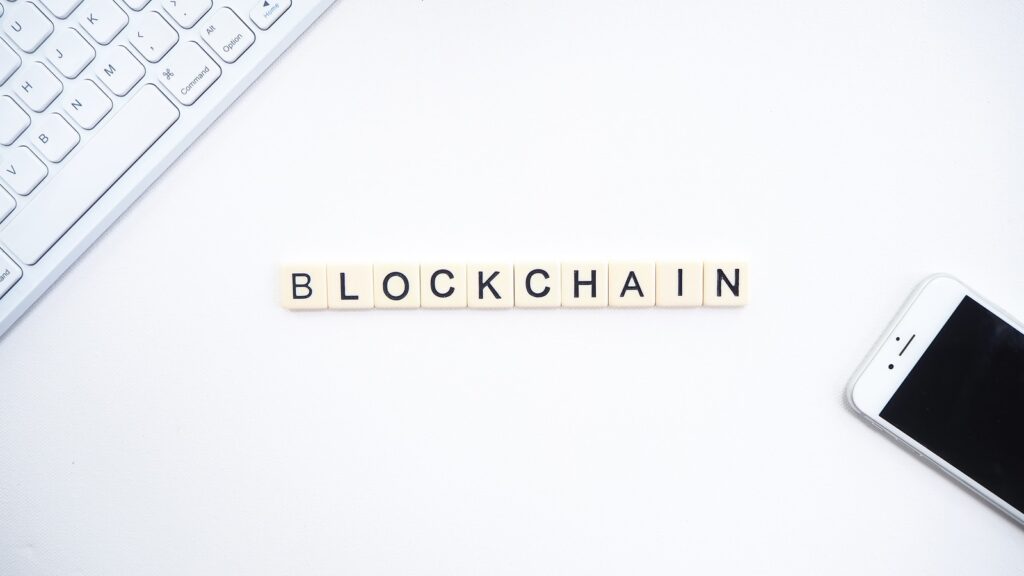Algorand is a decentralized cryptocurrency founded in 2017, an MIT scientist received the Turing Award because of his encryption research. Algorand is a highly unstructured decentralized blockchain network that anybody may use to develop tools or move wealth. The Algorand network is underpinned by a new decentralized network which the capacity to receive which is quick, private, and highly extensible. If you want to start bitcoin trading, check why bitcoin will be crucial to future businesses.

The network employs pure proof-of-stake, a settlement algorithm that chooses verifiers at random based on the amount of ALGO tokens they own. The Algorand concept is intended to address several of the most pressing issues that most ledgers encounter: safety, durability, as well as decentralization. The Algorand connection, nicknamed the cryptocurrency mathematical formalism, promises to resolve the three key difficulties listed below.
Working mechanism
Confidentiality
Because the Algorand system provides resistance to malware activity, it is suited for trading, storing elevated commodities, and developing secured business applications. It ensures networking and agreement reasonable measures to prevent while also safeguarding personal user profiles.
Durability
The Algorand technology is far more flexible than either Bitcoin or Ethereum because it can handle a huge amount of accounts each millisecond. Algorand’s consortium blockchain eliminates the requirement for processing capability, which is required in Bitcoin to overcome cryptography challenges. However, the accounting record of each user of the method is solely utilized to produce and validate identities, and also activities that require basic enumeration. This could “grow to thousands of users and maintain a high transfer pace while paying the considerable expense to articles were analyzed, according to Algorand.
Devolution
Algorand is completely decentralized, without any centralized government or single point of contact. Payments are processed by edge devices, so each site does have an equal representation in judgment. As a result, Algorand is a highly distributed platform.
Since the choice is indeed randomized and anonymous, everybody on the system gets an opportunity to become a member of the human panel which approves every transaction. There really is no executive council, as its networks are staffed by volunteers from everywhere around the globe.
Algorand functioning
The usage of PPOs, a compromise mechanism that leverages a Byzantine accord process, distinguishes Algorand from several other distributed ledgers. If a station is hacked, the native cryptocurrency ALGO possessed by members of the system is immediately safeguarded using different credentials.
Proof-of-work (PoW), Currency’s agreement process, necessitates a significant amount of energy and computational capacity to construct and verify batches. PPOs, on either extreme, enable the quicker and more convenient production and verification of larger units. This is accomplished by picking ALGO owners at random to examine and accept every block to the blockchain. For every genesis process, a new organization, or commission, is formed.
The Algorand pledging system is a simple proof-of-stake technique.
According to Algorand’s PPOs strategy, a person’s impact on the selection of a block header is equivalent to the number of coins that see in the ecosystem, commonly known as the position. Every member does have an equal possibility of being picked, only with the value of all suggestions as well as choices directly proportional to its investment.
Individuals have been arbitrarily chosen and also in private again for purposes of submitting as well as commenting upon block suggestions. Its channel’s integrity is thus linked to the integrity of a plurality of its participants in its commerce. The economy would make it more secure as soon as the vast majority of the money has been in fair control. Algorand’s method makes it incredibly difficult for owners having minor interests inside the platform to disrupt the entire infrastructure. However, overwhelming owners just wouldn’t venture to behave unjustly, because such acts might lead to the depreciation of their own holdings as well as a decrease in the buying experience of the money.
The final takeaway
Just individuals possessing huge amounts of ALGO may conceivably participate in nefarious behaviors which might jeopardize the safety of many other customers via the PPOs mechanism. Nevertheless, because the structure is implemented on member codependence, harmful behaviors would indeed lead to the degradation of individual ALGO. As a result, those very hostile actions would’ve been unprofitable for any plurality owner.
This method contrasts with certain other implementing rules and regulations such as, in which minor parties inside the system are held accountable for the overall system’s security. In theory, a tiny minority of people could prohibit additional customers from using similar tactics.